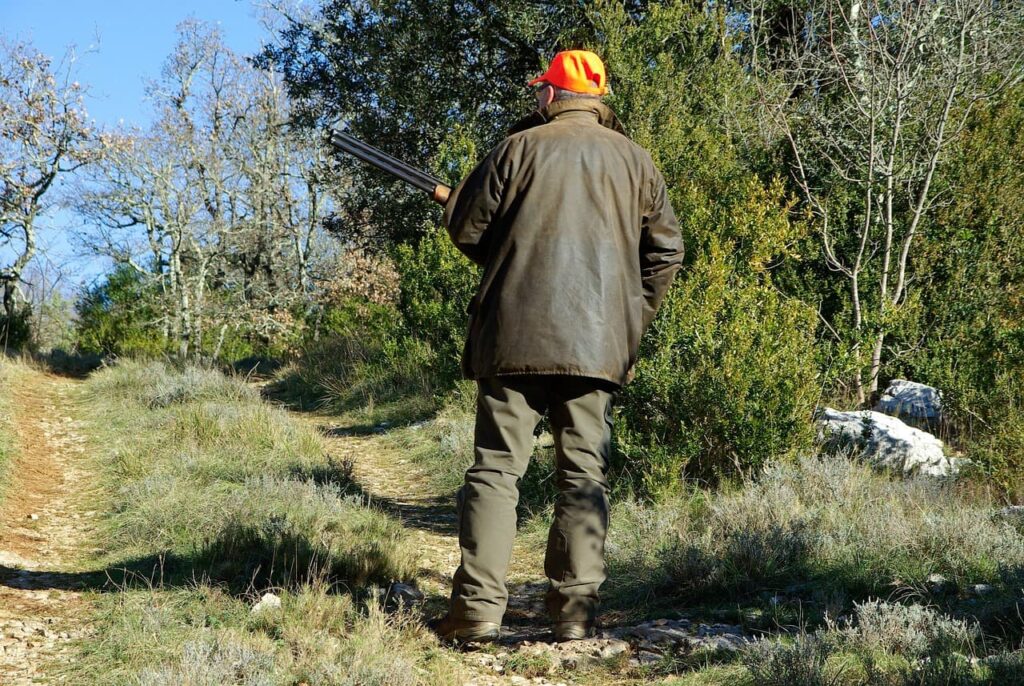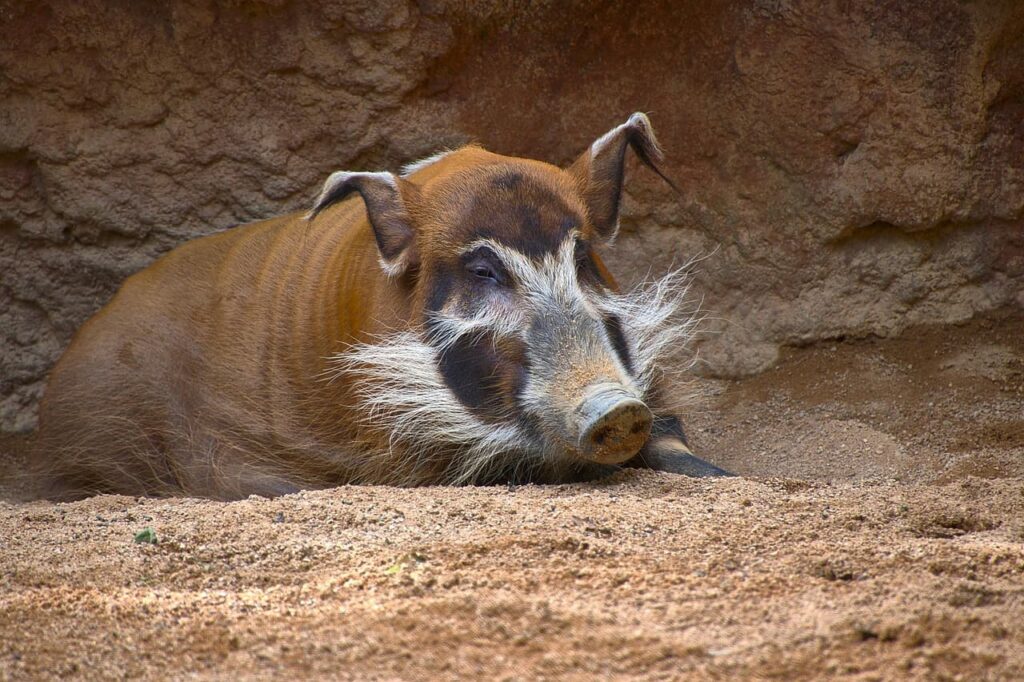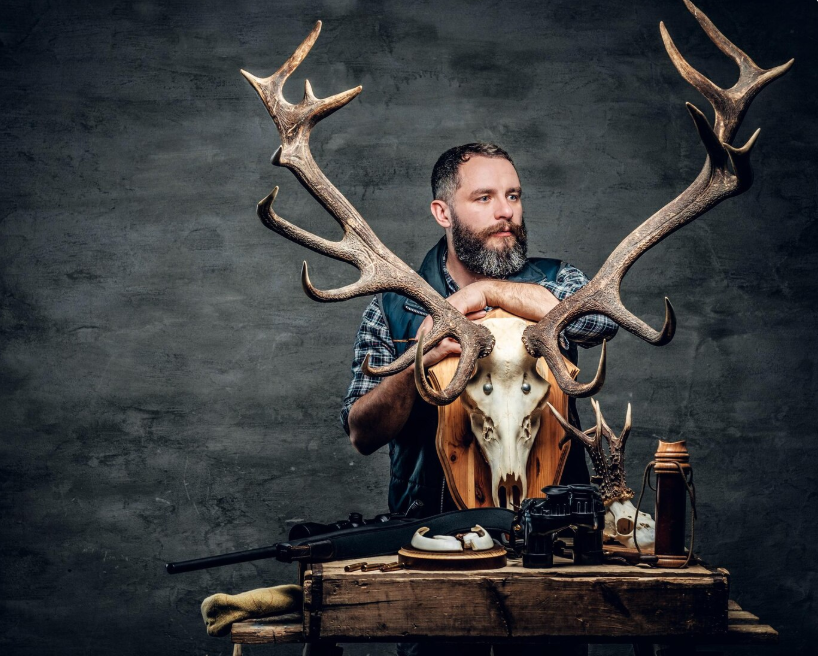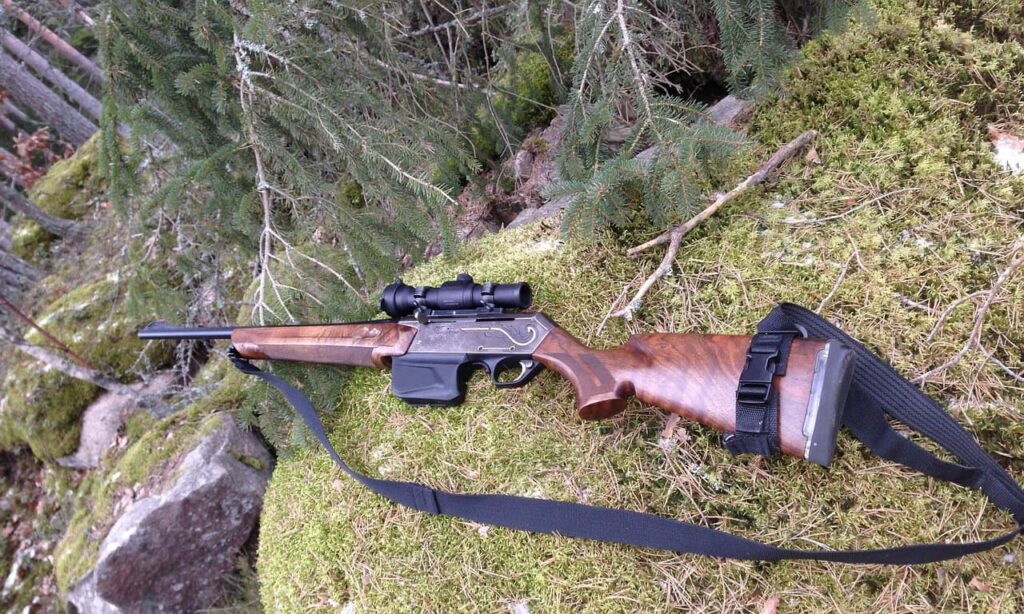Feral hogs are more than just a nuisance in Texas, they’re a full-blown invasion. With millions of wild hogs roaming the state, destroying farmland, and upsetting ecosystems, it’s no surprise that hog hunting has become one of the most accessible and talked-about forms of hunting in Texas.
But while the urge to help control the population may be strong, the legal side of things can leave many hunters, especially first-timers, asking one important question, Do you need a hunting license to hunt hogs in Texas?
The answer isn’t as straightforward as you might think, and it largely depends on where you plan to hunt. Understanding Texas law is key to ensuring you’re not just effective in the field, but also on the right side of the rules.
Hunting License Requirements for Hogs in Texas
Feral hogs are not just a nuisance in Texas, they’re an invasive species causing millions of dollars in agricultural and ecological damage every year. As a result, hog hunting has become one of the most common and accessible forms of hunting in the state. But the rules surrounding licensing can vary, especially between public and private lands.
So, do you need a hunting license to hunt hogs in Texas? The answer depends on where and how you plan to hunt.
On private land, Texas law allows both residents and non-residents to hunt feral hogs without a hunting license, as long as they have the landowner’s permission. This rule was designed to encourage widespread participation in hog control. On public land, however, a valid hunting license and additional permits are required. Understanding these distinctions is essential for staying legal while also helping curb the state’s hog population.
Feral Hog Hunting Regulations
Texas is home to an estimated 2.5 million feral hogs, and their numbers continue to rise. These animals are prolific breeders and can thrive in various environments, from dense brush to agricultural fields. Their destructive behavior includes rooting up pastures, destroying crops, damaging fences, and competing with native wildlife for food. As a result, Texas lawmakers have taken an aggressive approach to reducing their numbers.
By removing licensing requirements for hog hunting on private land, the state makes it easier for property owners and invited guests to take action without administrative burdens. It’s a policy built on practicality rather than tradition. This deregulation helps expand participation among farmers, ranchers, and recreational hunters alike.
Despite the relaxed rules for private land, the state maintains stricter guidelines for public land to protect safety, maintain order, and ensure the ethical use of natural resources. These areas often host multiple species and user groups, requiring tighter oversight.
Hunting Feral Hogs on Private Land
If you’re hunting feral hogs on private property in Texas, no hunting license is required under state law, provided you have explicit permission from the landowner. This permission can be verbal or written, though having it in writing is always a wise precaution.
This exemption applies regardless of your residency status, which is particularly useful for out-of-state hunters traveling to Texas for hog hunting opportunities. Outfitters and guides operating on private land can also legally host clients without requiring them to obtain a hunting license, though federal firearms laws still apply.
However, it’s important to remember that private land doesn’t mean a free-for-all. Hunters must still follow basic safety rules, including safe firearm handling, respecting property boundaries, and avoiding negligent behavior. Trespassing, even in the name of hog control, is still a prosecutable offense.
Public Hunting Lands
Texas offers a broad range of public hunting opportunities, from wildlife management areas to national forests. If you plan to hunt feral hogs on any of these public lands, you will need a valid Texas hunting license. In addition, most public land hunts require an Annual Public Hunting Permit (APH), which provides access to designated lands managed by the Texas Parks and Wildlife Department (TPWD).
The APH program also includes detailed maps and schedules for where and when hog hunting is permitted. These guidelines are meant to balance hog control with the protection of other game species, habitat integrity, and the safety of other recreational users.
In some cases, public hog hunts are conducted through special drawings or permit-only access. These hunts might occur during specific windows and could involve additional gear restrictions or reporting requirements. Always read the TPWD public hunting booklet or contact the department directly before planning a hunt on public land.
Texas Hunter Education
Even if you’re exempt from needing a hunting license for private land hog hunting, Texas still requires many hunters to complete a Hunter Education course. Anyone born on or after September 2, 1971, must successfully complete the course to hunt legally in the state, regardless of game species or location.
This rule applies across the board, including for hogs on private property. The only exception is if the hunter purchases a “deferral,” which allows one season of hunting under supervision before completing the required course. This deferral can only be used once.
The Hunter Education course teaches vital skills such as firearm safety, wildlife identification, and Texas hunting laws. While it may seem unnecessary for such an unrestricted species, the course reinforces Texas’s commitment to safe and ethical hunting practices.

Paying to Hunt on Private Land
In some cases, hunters pay for access to private property or hire outfitters for guided hog hunts. In such situations, the landowner or operator may be required to hold a Hunting Lease License, especially if they charge fees. This license allows the commercial use of private land for hunting purposes.
While the hunter doesn’t need a personal license for feral hogs, the commercial aspect of the transaction triggers regulatory oversight. It’s not something the average guest hunter needs to worry about, but if you’re running hunts as a business or paying to join a private lease, it’s worth verifying that all documentation is in place.
Guided hunts often include the use of blinds, feeders, and bait stations. The legality of these practices is generally allowed for hogs but may be subject to local rules or municipal ordinances, particularly in more developed counties.
Gear or Weapon Restrictions
One of the benefits of hog hunting in Texas is the relatively liberal rules regarding equipment. Firearms, archery gear, air guns, and even knives are all legal for taking hogs, depending on the circumstances. Night hunting is also legal on private land with the proper use of lighting and night vision devices.
However, local counties may impose restrictions for safety reasons, especially regarding the discharge of firearms near populated areas. For example, within city limits, the use of rifles or other high-powered weapons may be banned altogether.
On public lands, TPWD may set specific rules for the type of firearm, ammunition, or hunting method allowed. These restrictions aim to protect other wildlife and public safety, so hunters should always double-check the rules for the area they intend to use.
Hunting Hogs At Night
Night hunting is one of the most popular methods for hog control in Texas. Feral hogs are primarily nocturnal, which makes them easier to spot after sundown using lights, thermal imaging, or night vision optics. Texas law permits night hunting on private land with the landowner’s consent.
You do not need a special state permit to hunt hogs at night, but you must ensure you are using legal equipment and are not violating any local or county-level ordinances. Be cautious in semi-rural areas where residential properties might be nearby.
Public lands may or may not allow night hunting, and most restrict the use of artificial lighting. Always consult the specific land unit’s rules before planning a nighttime hunt.
Feral Hogs Classification in Texas
Texas classifies feral hogs as non-game animals, which means they are not protected like native wildlife. This classification allows for more aggressive control measures and helps private landowners defend their property without jumping through legal hoops.
Despite their non-game status, the state still emphasizes responsible hunting. Wasting meat or intentionally wounding animals without recovery efforts is not only unethical but could result in charges under animal cruelty statutes in extreme cases.
Trapping, shooting from helicopters, and using dogs are all legal methods of hog control in Texas, though some require special permits or oversight. For recreational hunters, however, shooting is the most common and accessible method.
Non-Residents’ Rights in Texas
Non-residents are treated the same as Texas residents when it comes to hog hunting on private land. They are not required to have a license, provided they have landowner permission. This makes Texas a popular destination for out-of-state hunters looking for affordable and exciting hunting opportunities.
However, non-residents must still comply with hunter education laws, weapon transport regulations, and any rules imposed by guides or landowners. If hunting on public land, they must obtain the same licenses and permits as Texas residents.
Some outfitters offer package deals for non-residents that include everything needed for a hunt, from lodging and meals to firearms and optics. These trips can be an easy way for newcomers to enjoy hog hunting without worrying about compliance logistics.
What Should You Always Remember
Feral hog hunting in Texas offers a unique blend of freedom and responsibility. While the state’s laws make it easier than ever to participate, hunters should never confuse legal freedom with a lack of discipline. Safety, ethics, and respect for property should always guide your actions, whether you’re hunting solo or with a group.
Before you head out, double-check local laws, carry your ID, and make sure your equipment is functioning and legal for your chosen location. If in doubt, contact the Texas Parks and Wildlife Department or consult a reputable outfitter.

Conclusion
Hunting feral hogs in Texas offers a unique balance of opportunity and responsibility. With more relaxed regulations on private land, it’s easier than ever for residents and non-residents alike to participate in managing the state’s growing hog problem. Still, understanding the differences between public and private land rules, hunter education requirements, and local ordinances is critical to staying legal and safe.
Whether you’re a first-time hunter or a seasoned pro, knowing the law and respecting it is just as important as knowing your target. By staying informed, you can enjoy everything hog hunting has to offer while contributing to the broader effort to control an invasive species.




